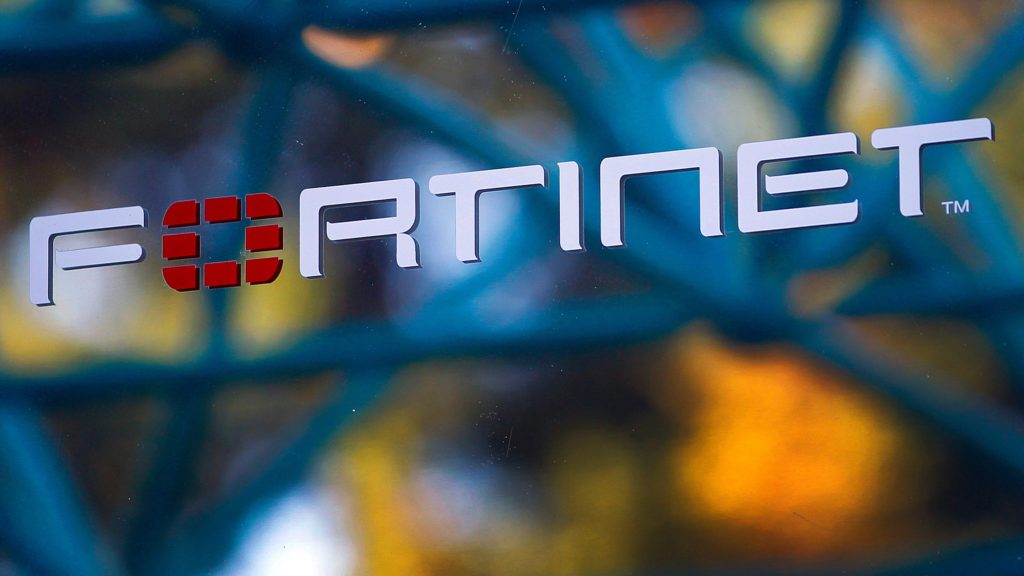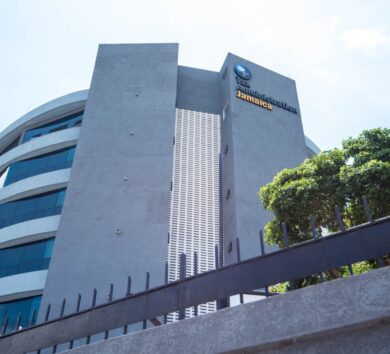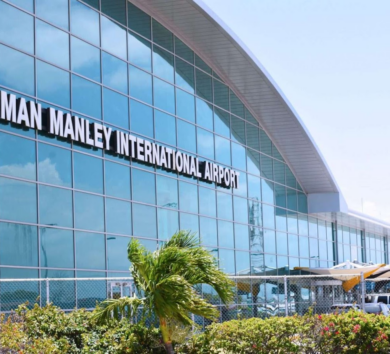

Enterprise-class cybersecurity company Fortinet says Jamaica recorded more than 34 million cyberattack attempts in just the first six months of 2025.
Fortinet, in its latest Global Threat Landscape Report, highlighted an urgent need for stronger defences to protect the country’s critical infrastructure, as attackers increasingly target sectors such as manufacturing, telecommunications, healthcare, and financial services.
Across Latin America, cyber activity is surging, with the region now accounting for 25 per cent of all malicious activity detected globally.
“In Jamaica alone, FortiGuard detected 4 million active scans between January and June 2025—networks being probed and tested by attackers at a staggering pace of 36,000 attempts per second worldwide. These scans help cybercriminals identify weak points they can exploit, often using AI-enabled tools to speed up attacks and increase their effectiveness,” the firm disclosed.
Operational technology (OT) systems—such as those that manage utilities, factories, and transport—are especially vulnerable. Once considered secondary targets, these networks are now primary objectives for attackers, particularly ransomware groups. Instead of simply stealing data, cybercriminals are increasingly shutting down services and demanding payment to restore them.
Manufacturing has remained the most targeted sector for the second year in a row, as attackers calculate the financial damage caused by stalled production lines and use it as leverage in extortion schemes.
AI: A double-edged sword
Artificial Intelligence is reshaping the cybersecurity landscape. Attackers are leveraging tools like FraudGPT and WormGPT to quickly generate convincing phishing emails and carry out social engineering schemes. At the same time, defenders are adopting AI to detect threats and strengthen defences.
“Fortinet is embedding both discriminative AI for detecting novel malware and generative AI (GenAI) for summarising and prioritising alerts,” shared Derek Manky, chief security strategist at Fortinet. “In Jamaica, where skilled cybersecurity professionals are limited, these AI-driven tools can play an important role in boosting detection and response.”

What organisations must do now
As more devices connect to the internet through technologies such as industrial IoT, 5G, and cloud systems, the risks continue to grow. Fortinet recommends that organisations start with the basics: closing security gaps, enforcing multi-factor authentication, and managing user credentials carefully. Regular checks of external vulnerabilities and strong identity management can reduce exposure.
Organisations are also encouraged to adopt proactive strategies, including creating tailored playbooks for incident response, using deception technologies to spot unusual movement in networks, and integrating real-time threat intelligence into their monitoring tools. Training staff to recognise phishing attempts—especially AI-generated ones—along with running practice exercises to test readiness, is also key to building resilience.

“As threat actors become faster, stealthier, and more resourceful, defending Jamaica’s critical infrastructure requires more than traditional security measures. It demands situational awareness, active threat hunting, and the operational maturity to act on intelligence, not just collect it,” said Manky. “You don’t win by reacting. You win by preparing—strategically, systematically, and ahead of the next attack.”







Comments